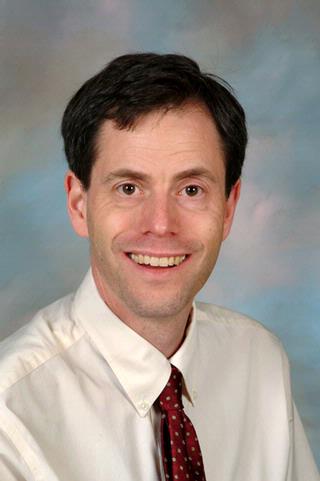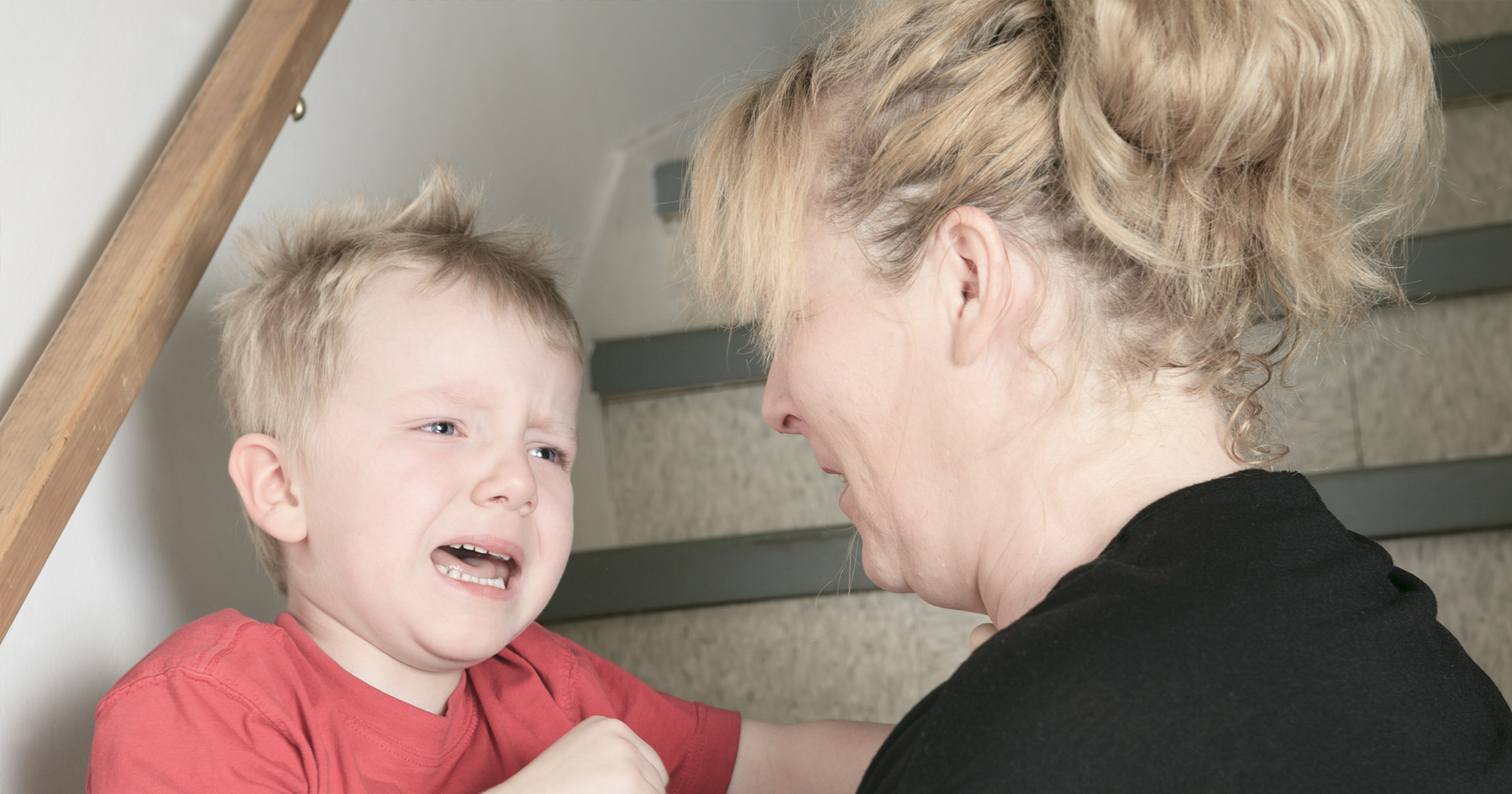A Doctor on Reddit Answered If Everyone Is Actually On the Autism Spectrum

By:
In recognition of Autism Awareness Month, an autism expert made a surprising revelation in a Reddit AMA Friday about whether everyone is on the autism spectrum. Host Dr. Tristram H. Smith, professor of neurodevelopmental and behavioral pediatrics at the University of Rochester Medical Center, wrote that scientists have found every individual actually has some features of autism.
 UMC Rochester - rochester.edu
UMC Rochester - rochester.edu
"Scientists have found that everyone has some characteristics of autism, and some people have more than others," he wrote. "Scientists refer to this as the 'broader autism phenotype' and have even developed a couple of measures to assess it."
This is consistent with a 2015 study in the Journal of Autism and Developmental Disorders that found that many kids who don't meet the full criteria for autism still face varying symptoms of the condition. "Around a third of the children with 'other developmental delays' also had some symptoms of autism," an article for Autism Speaks explained. "For example, a child might avoid eye contact, have little interest in other children, or get extremely upset by minor changes in routine. Any one or two of these symptoms are insufficient for a diagnosis of [Autism Spectrum Disorder]. But they can create significant challenges in daily life."
The researchers found that these children still need help and early intervention from adults.
"Our study demonstrates the importance of recognizing autism-related challenges among different types of children, including those with or without an autism diagnosis,” lead author Lisa Wiggins told Autism Speaks. “Recognizing autism symptoms in early childhood may encourage interventions catered to the individual child and help researchers learn more about the various ways autism develops."
There are still a lot of myths and misconceptions about autism.
Dr. Smith wrote that he has been most concerned with the number of "unproven treatments" there are for autism.
"I think it's important for people with autism and their families to find trustworthy information about what is being scientifically shown to be helpful and to be able to get access to those treatments," he wrote.
He added that in his experience, specialized behavioral and educational treatments can be very helpful to those facing the condition.
"Mainly what works are specialized behavioral and educational treatments that focus on improving social communication and addressing other issues that may be associated with autism, such as anxiety or sensory sensitivities," he wrote. "In some cases, certain medications can also be helpful with these associated issues."
Dr. Smith noted that because there is more autism awareness now than in the past, it's likely that there are many adults with autism that haven't been formally diagnosed. He also said researchers ought to focus on helping people progressively get better rather than simply finding quick fixes to autism.
"I think studies of these populations are critical because they allow us to study a more distinct subgroup of people for whom we already know something about what caused their autism," he wrote. "I'm cautiously optimistic that pre-clinical trials of experimental medications with these groups will eventually lead to improved outcomes for many people with autism, but I expect the process will take a long time, because even in these subgroups, autism is extremely complex. When discussing these studies, I think we should be thinking in terms of getting progressively better rather than having sudden breakthroughs or 'cures.'"
The U.S. Food and Drug Administration (FDA) backed up this idea in a 2014 consumer update warning against misleading claims for treating autism and stating that there is no "cure" for the condition.
 Bigstock/Lopolo - bigstockphoto.com
Bigstock/Lopolo - bigstockphoto.com
"One thing that is important to know up front: There is no cure for autism," the FDA stated. "So, products or treatments claiming to 'cure' autism do not work as claimed. The same is true of many products claiming to 'treat' autism. Some may carry significant health risks."
Gary Coody, R.Ph., FDA’s national health fraud coordinator, listed chelation therapies, hyperbaric oxygen therapy, miracle mineral solution, detoxifying clay baths, and coconut kefir and other probiotic products as red flag autism therapies. Coody also advised against going with therapies that claim to treat a broad range of conditions and said that personal anecdotes do not equate to scientific facts.
Roughly one percent of the world population has Autism Spectrum Disorder, according to the Centers for Disease Prevention and Control. The Autism Society also reported that prevalence of autism has increased by up to 15 percent per year from 2002 to 2010. In the U.S., autism increased among children by 119.4 percent from 2000 to 2010, making it the fastest -growing developmental disability.
